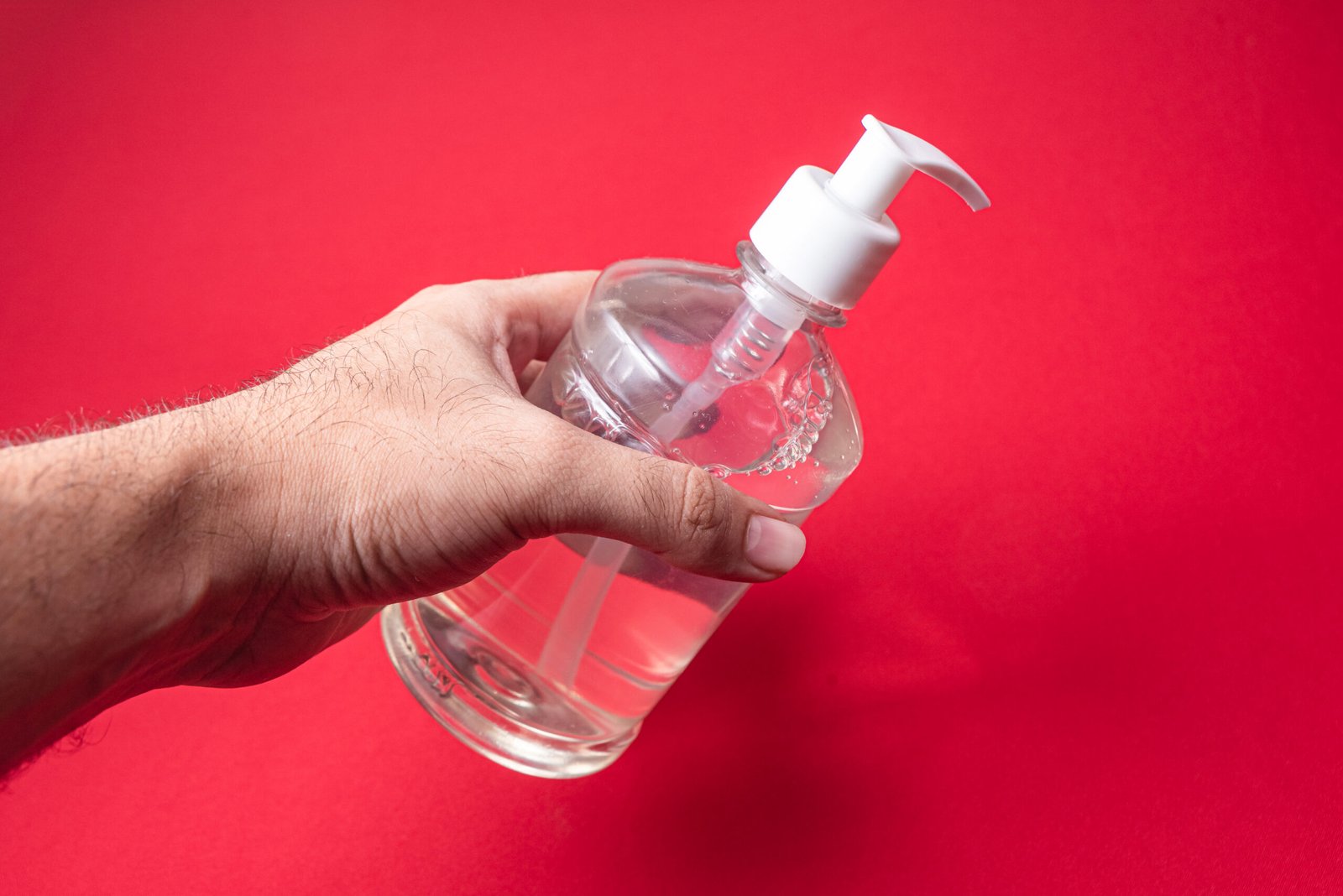What Are the Top Tips for Maintaining Skin Health While Using Personal Lubes?

Intimacy is an important aspect of overall wellness, but for people with sensitive skin, using personal lubricants can sometimes pose challenges. Many conventional lubricants contain chemicals, synthetic fragrances, and other additives that can cause irritation, dryness, or discomfort. This is why choosing the right product and following proper care routines is essential for maintaining healthy skin while enjoying intimate moments.
The best personal lube for sensitive skin combines natural ingredients, chemical-free formulas, and gentle hydration to provide comfort and protection. In this article, we’ll explore the top tips for keeping your skin healthy while using personal lubricants.
1. Choose Natural and Chemical-Free Lubricants
The first step in maintaining skin health is selecting a lubricant that is free from harsh chemicals, hormones, and synthetic fragrances. Many standard lubricants contain ingredients like glycerin, parabens, and petroleum-based oils, which can irritate delicate skin and disrupt the natural balance of intimate areas.
Opting for the best personal lube for sensitive skin ensures that your intimate areas are protected. Natural, water-based formulas are gentle, hypoallergenic, and provide a smooth glide without causing redness or irritation.
2. Patch Test Before Use
Even with a gentle, chemical-free formula, it’s a good idea to do a patch test before using a new lubricant extensively. Apply a small amount to an area of your skin and wait 24 hours to see if any irritation occurs. This simple step can help prevent discomfort and ensure that the product is compatible with your skin type.
Patch testing is especially important for individuals with highly sensitive skin or a history of reactions to topical products. The best personal lube for sensitive skin should pass this test with no adverse effects.
3. Use Adequate Amounts
Proper application of lubricant is essential for both comfort and skin protection. Insufficient lubrication can lead to friction, which may cause micro-tears, irritation, or inflammation. On the other hand, using too much product can make cleanup difficult and leave residues that may affect your skin’s natural balance.
Using the best personal lube for sensitive skin in the recommended amounts ensures smooth glide, reduces friction, and minimizes the risk of irritation. Reapply as needed during extended intimate sessions to maintain comfort.
4. Maintain Good Hygiene
Good hygiene practices are key to skin health. Wash your hands before and after applying lubricant, and clean intimate areas gently with mild, unscented soap and warm water. This reduces the risk of bacterial buildup and prevents potential infections or irritation.
For sex toys, thorough cleaning after each use is equally important. Even chemical-free lubricants can leave residues that may affect your skin or degrade the material of toys over time. Proper cleaning helps maintain both your skin’s health and the longevity of your intimate products.
5. Moisturize and Hydrate
Many lubricants, even high-quality ones, can leave the skin feeling slightly dry after use. To prevent irritation and maintain skin elasticity, consider applying a gentle, fragrance-free moisturizer after intimate activity. Drinking plenty of water also supports skin hydration from within.
The best personal lube for sensitive skin often contains natural humectants or hydrating ingredients that help reduce dryness, but supplementing with external hydration ensures your skin remains soft and healthy.
6. Avoid Irritating Ingredients
Some ingredients commonly found in conventional lubes can compromise skin health. Avoid products with:
- Artificial fragrances and colors
- Parabens or preservatives
- High concentrations of glycerin or propylene glycol
- Petroleum-based oils
These compounds can irritate sensitive skin, cause itching, and increase the likelihood of rashes or allergic reactions. Choosing the best personal lube for sensitive skin helps you avoid these risks and protects delicate areas during intimacy.
7. Monitor Your Skin’s Response
Pay attention to how your skin responds to different lubricants and intimate products. If you notice redness, itching, burning, or other signs of irritation, discontinue use immediately. Switching to a gentle, chemical-free option is usually sufficient to restore comfort.
Keeping track of your skin’s reactions will help you identify the best personal lube for sensitive skin that works consistently for your unique needs.
8. Consider Environmental Factors
Environmental factors such as heat, humidity, or harsh soaps can affect your skin’s sensitivity. Using gentle, natural lubricants in combination with proper care can help your skin maintain its natural barrier and reduce the risk of irritation caused by external factors.
Conclusion
Maintaining skin health while using personal lubricants requires thoughtful product selection, proper hygiene, and attention to your body’s signals. By choosing natural, chemical-free options, performing patch tests, applying adequate amounts, and monitoring your skin’s response, you can enjoy intimacy comfortably and safely.
The best personal lube for sensitive skin combines gentle, natural ingredients with smooth, long-lasting glide to enhance pleasure while protecting delicate areas. Premium, doctor-recommended products, provide a reliable option for individuals seeking safe and enjoyable intimate experiences.
Following these tips ensures that your skin stays healthy, hydrated, and irritation-free, allowing you to focus fully on connection, intimacy, and pleasure.
